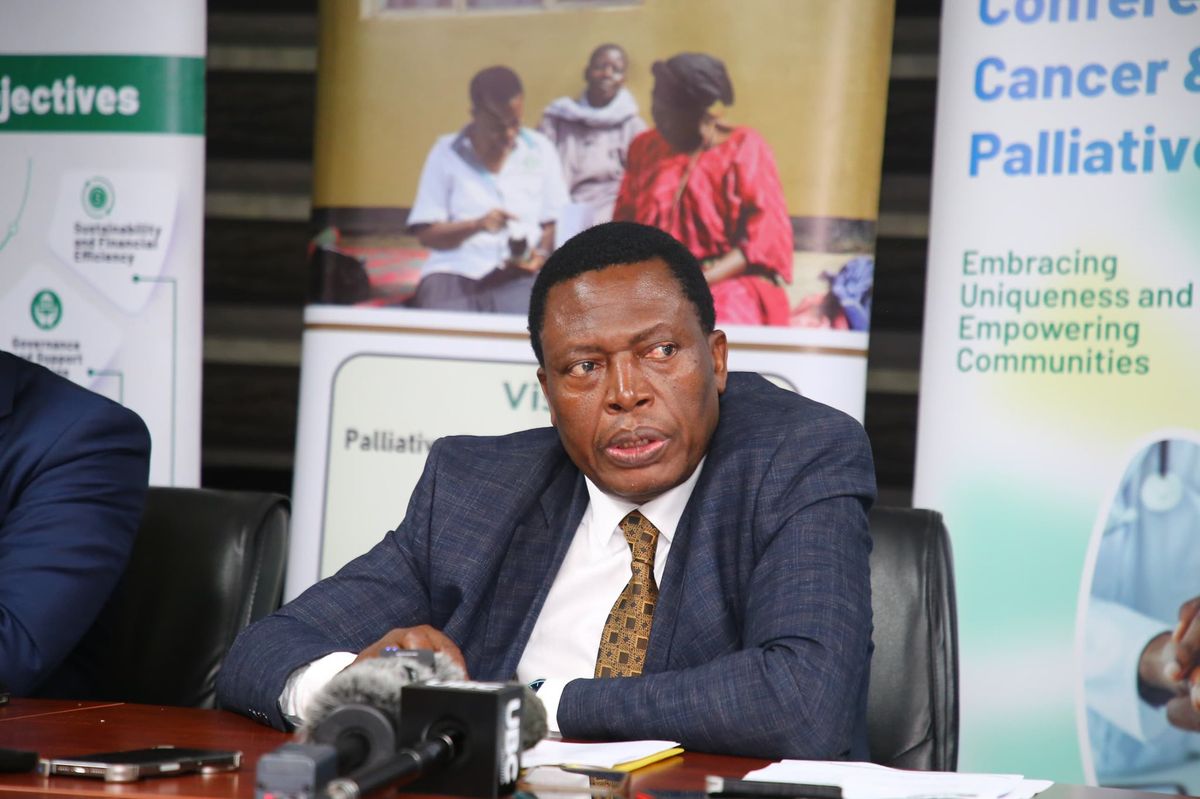
Health and nutrition experts have called on government to prioritise the establishment of human milk banks in public hospitals, saying many babies’ lives are being put at risk by early reliance on formula and supplements.
The appeal was made during an event to mark World Breastfeeding Week in Kampala, where specialists highlighted that while breastfeeding indicators in Uganda are strong — with 81 per cent of babies breastfed within the first hour after birth — vulnerable infants, especially those with complications, are often denied this crucial start.
According to Laura Ahumuza, a Senior Nutritionist at the Ministry of Health, premature babies and neonates admitted to intensive care units are frequently put on formula when their mothers cannot provide breast milk. She cited Kawempe National Referral Hospital, which recorded the highest rate of low birth weight and neonatal mortality last year at 53 per cent.
“Some of these deaths are partly due to feeding challenges. Donated breast milk can be an option for survival,” Ahumuza said, urging the government to prioritise establishing a milk bank at Kawempe, where demand is highest.
Currently, only Mbale Regional Referral Hospital has a milk bank in the public sector, though it is fully donor-funded. Some private hospitals — including Nsambya, Nakasero and Mengo — have already set up facilities to store and provide donated milk.
Dr Charles Olaro, Director General of Health Services, revealed that plans are underway to establish a human milk bank at Kawempe, with two fridges already procured. “We want to see more women embrace donation to cut down on challenges associated with access to breastfeeding,” he said, though he did not confirm when the facility would be operational.
Beyond infrastructure, advocates argue that broader systemic issues also affect breastfeeding outcomes. Agnes Kirabo, Executive Director of the Food Rights Alliance, said mothers are struggling to meet recommended practices due to workplace and nutrition constraints.
“It’s concerning that health experts recommend six months of exclusive breastfeeding, yet the Employment Act provides for only three months of maternity leave,” Kirabo noted. “Mothers will not generate breast milk when they are malnourished themselves. You can’t give what you don’t have.”
Experts concluded that while milk banks are critical to saving lives, improving maternity policies, workplace support, and maternal nutrition must also be prioritised to ensure all babies in Uganda get a healthy start.














Roswell Mbabazi
Leave a Comment
Your email address will not be published.